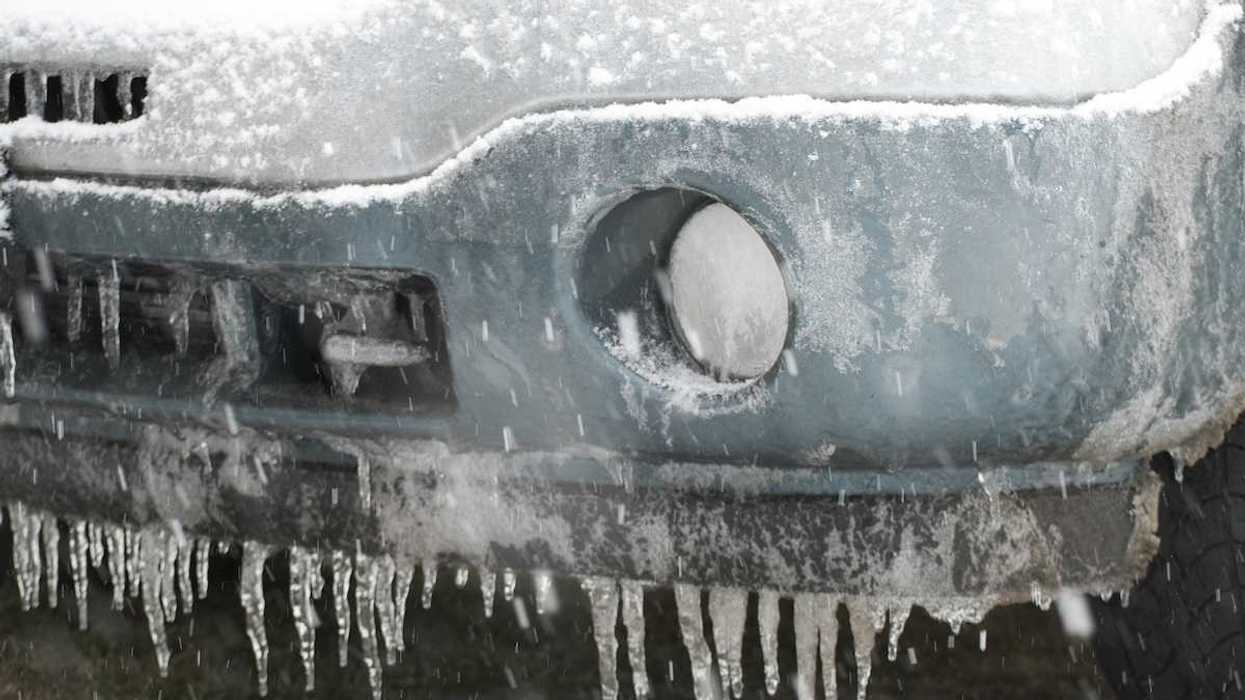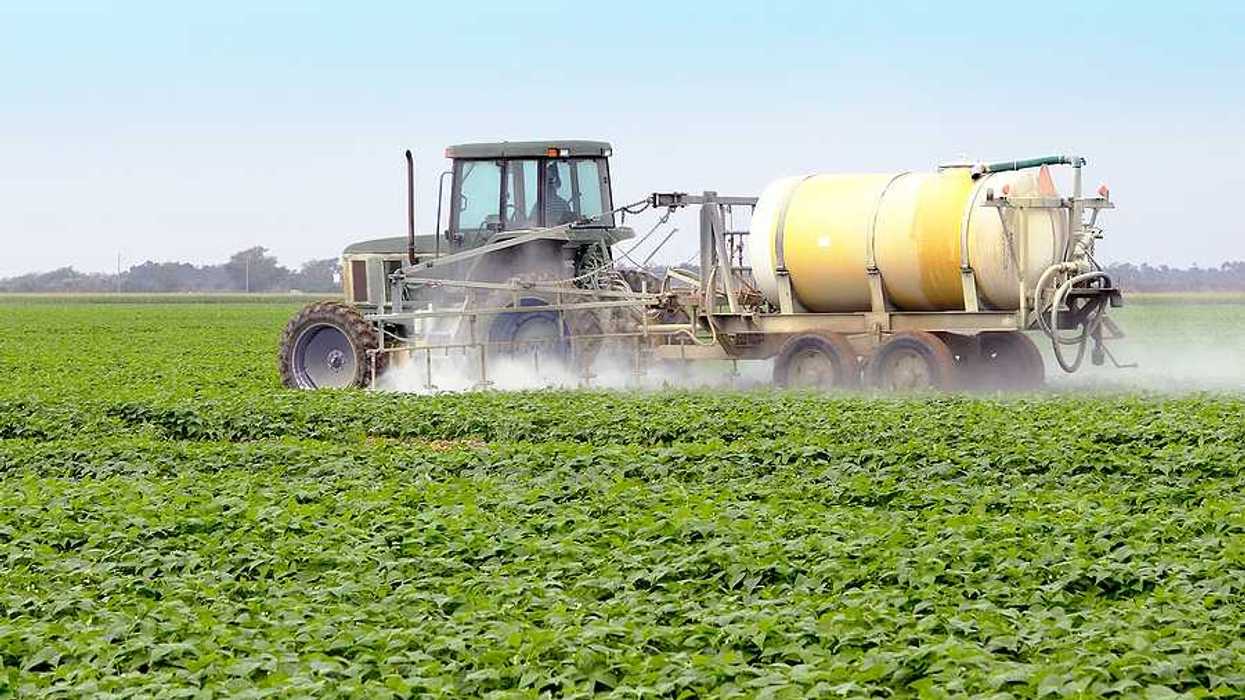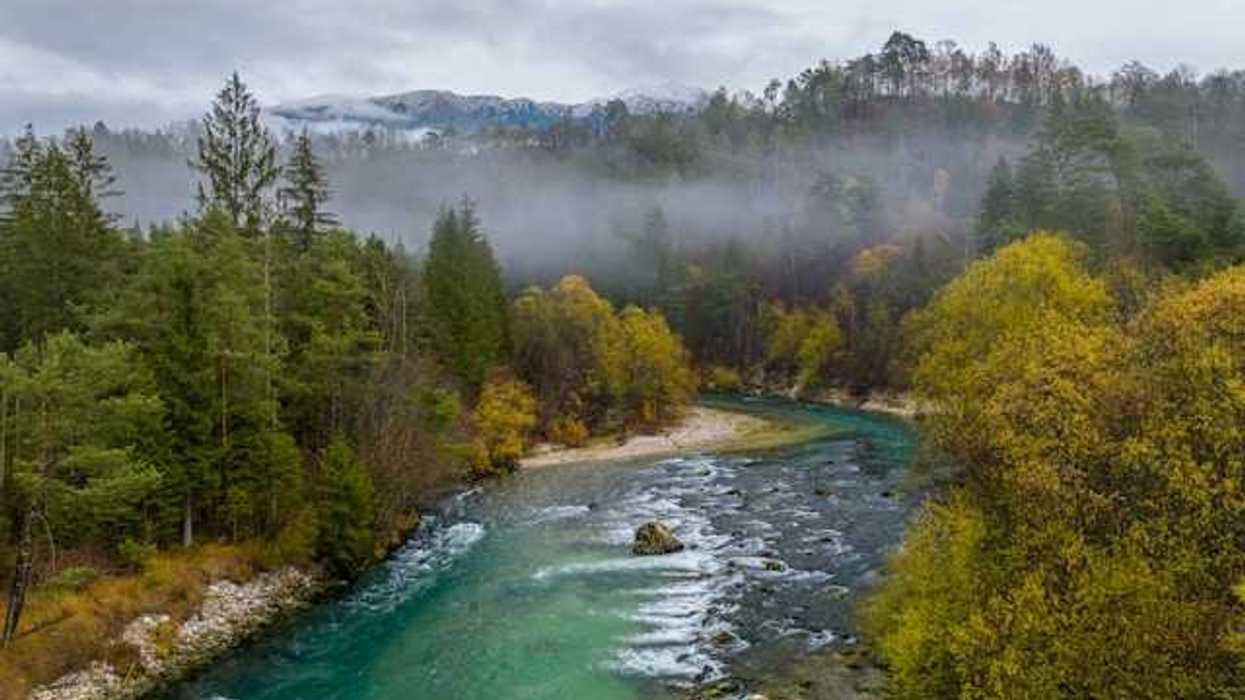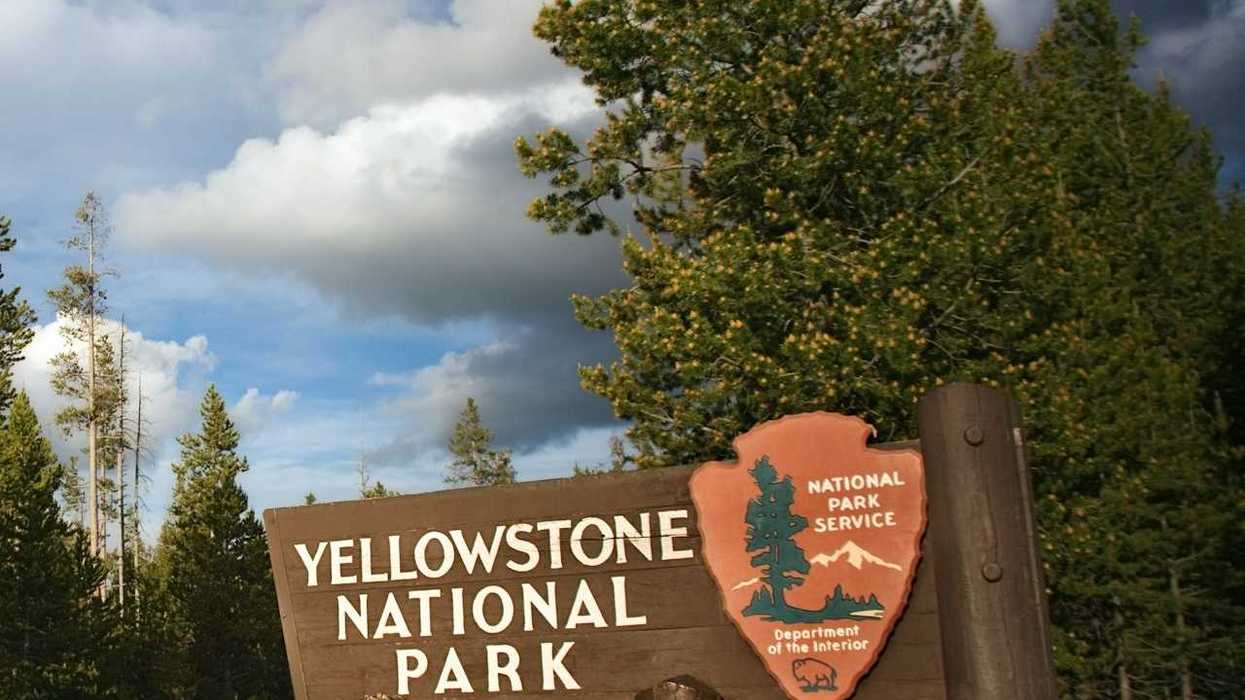Scientists studying Los Angeles wildfire ash fear long-term impacts on the Pacific Ocean, where toxic debris could disrupt marine ecosystems.
Ruby Mellen reports for The Washington Post.
In short:
- Wildfire ash, carried by winds, has reached 60 miles offshore, raising fears about toxins entering marine ecosystems.
- Past research shows forest fire ash can sometimes nourish ocean life, but urban fire debris, filled with chemicals from burned electronics and infrastructure, poses unique and toxic risks.
- Scientists are monitoring areas near L.A. to assess how ash and debris might harm biodiversity and essential fisheries over time.
Key quote:
“We don’t know the exact effects, because this is more or less unprecedented. But it’s likely to have an effect on the organisms living there.”
— Rasmus Swalethorp, ocean environment researcher at the Scripps Institution of Oceanography
Why this matters:
The Los Angeles wildfires are shedding light on an oft-overlooked consequence: the ripple effects of urban fire pollution on ocean ecosystems. Smoke and ash from these blazes don’t just hang in the air; they settle into waterways, carrying a toxic mix of heavy metals, chemicals and other pollutants into the Pacific. Once in the water, the debris may harm phytoplankton, the foundation of ocean life, and accumulate in fish, posing risks to biodiversity and human industries like fishing. With the frequency and intensity of wildfires on the rise, this growing connection between urban fires and marine ecosystems is an urgent frontier for research.
Learn more:














